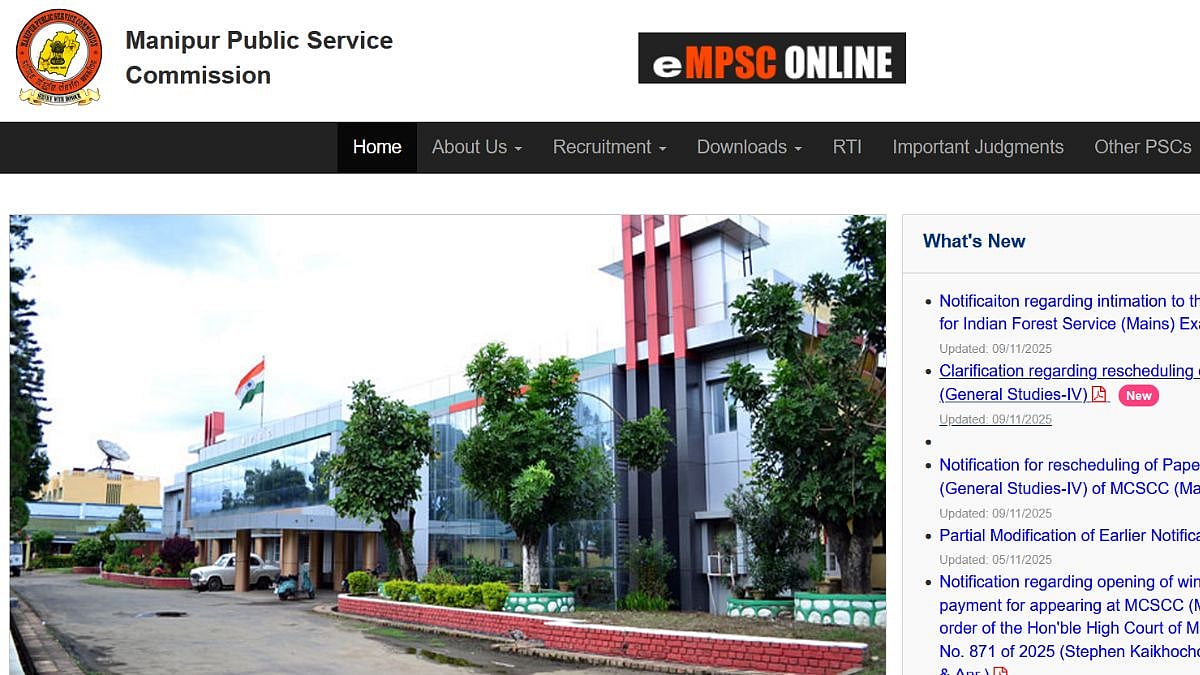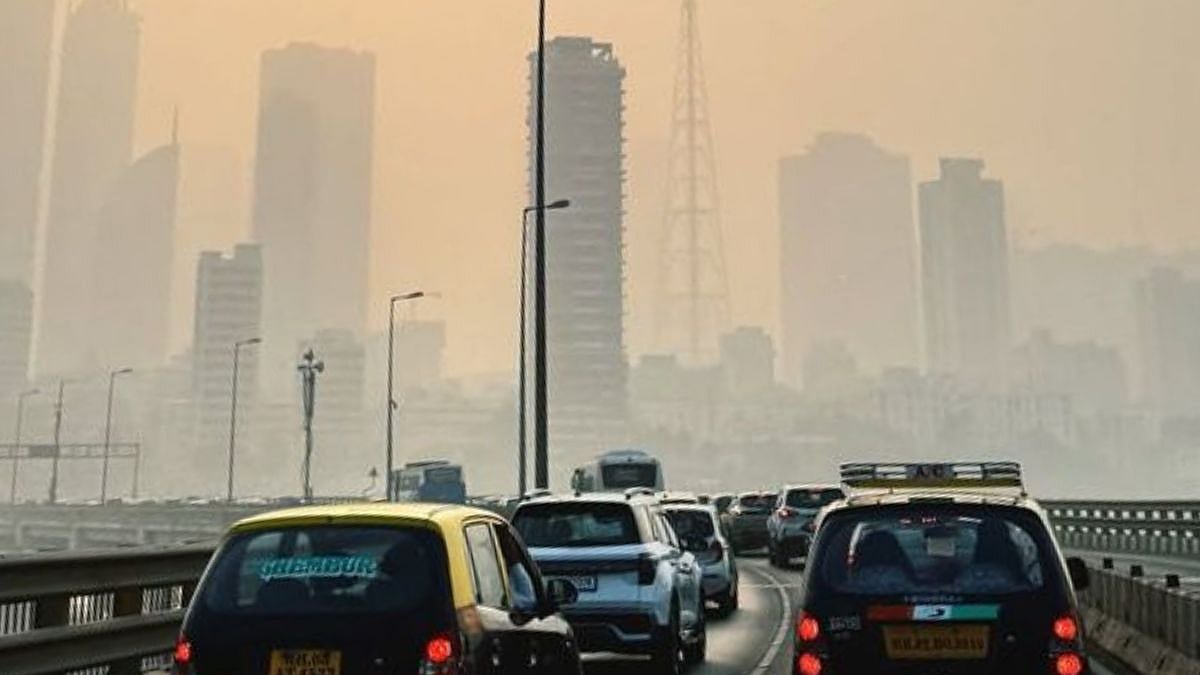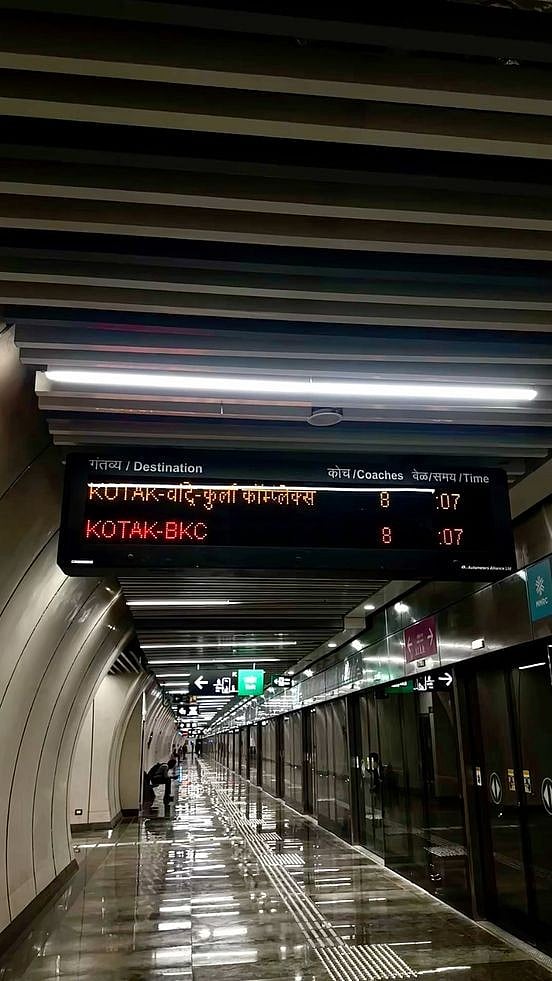Mumbai: The Bombay High Court on Thursday refused to stay the permission granted by the Brihanmumbai Municipal Corporation (BMC) to 67 private shops and 47 municipal markets for slaughtering animals on the eve of Bakri Eid on June 17.
A bench of Justices MS Sonak and Kamal Khata was hearing a plea filed by Jiv Maitri Trust, which works for protection and welfare of animals and environment, challenging the communication issues by the BMC on May 29 by which it permitted permission for slaughtering.
The trust had initially filed a petition in 2018 challenging the NOC granted by the BMC at the time for slaughtering animals outside the Deonar abattoir. It has opposed the permission contending that it is violative of central acts like the Food Safety and Standards (Licensing and Registering of Food Business) Regulations; The Environment (Protection) Act; and the Prevention of Cruelty to Animals Act.
Petitioners advocate submitted that the BMC’s policy does not permit slaughtering at public places including bus stops, airports, etc. However, the May 29 communication permits slaughtering at mutton shops, even though mutton shops are not included in the policy, including those near airports. Moreover, the policy mandates BMC’s permission through a notice 30 days in advance.
Hence, the communication was against the BMC policy, the advocate contended. Corporation’s counsel Milind Sathe contended that invariably such pleas were made 2-3 days before the festivals. He pointed out that permission was granted only to 67 private shops and 47 municipal markets. The said permission is only for three days — June 17, 18 and 19.
Sathe said that such permission had been granted in the past as well. Advocate Mubin Solkar, appearing for proposed intervenors, submitted that such relief is sought every year on the eve of the festival. When Solkar contended that it was their fundamental rights to slaughter, the petitioner’s advocate said that the animals too have rights.
The bench, in its order, said that the earlier high court orders had noted that if there was any violation of the policy there was a mechanism to lodge complaints. That mechanism is in place.
It also said that the petitioner did not amend the petition to challenge the May 29 communication. Without amending and challenging the communication, it would not be appropriate to press for interim relief.










